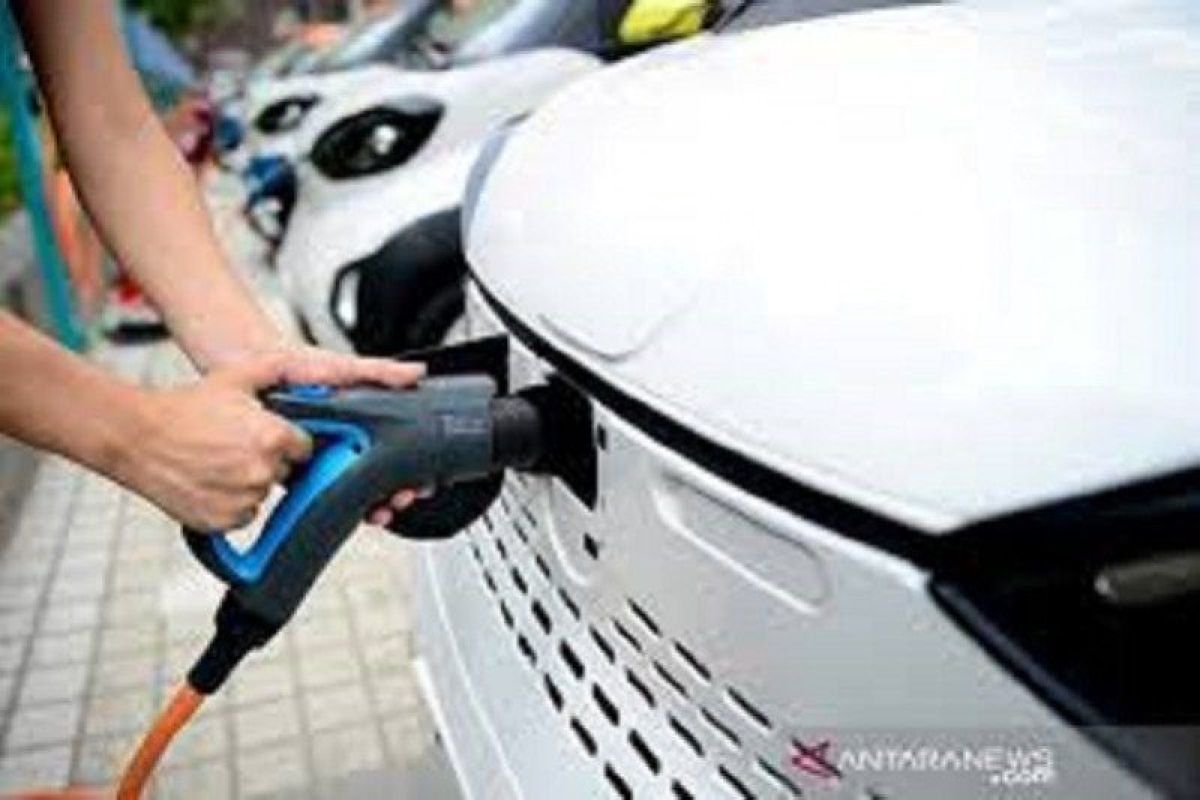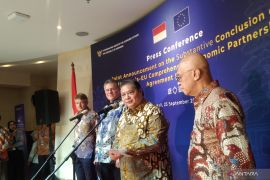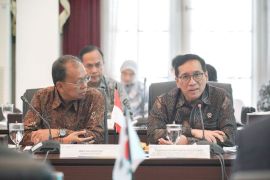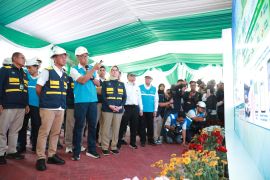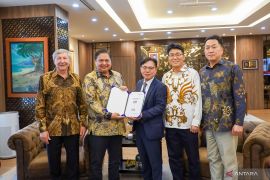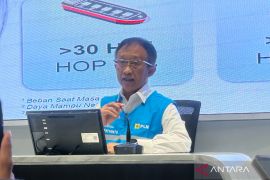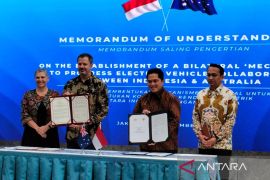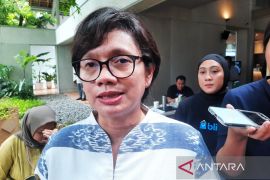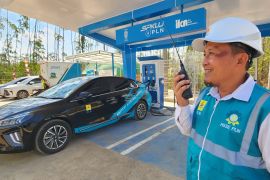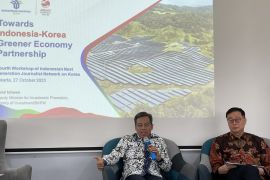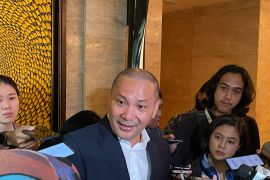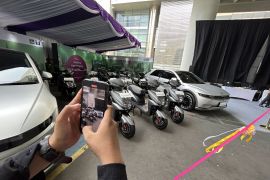"Starting from energy production that also actually uses new and renewable energy to rearranging the national electricity grid system for energy distribution to the community as final customers," Pasaribu remarked when contacted by ANTARA on Saturday.
According to the observer, PLN, as the main national electricity provider, needed to immediately reorganize its current business model.
"You can no longer rely on power plants that use polluting fossil fuels, so you can sell clean electricity," he affirmed.
Pasaribu emphasized that the preparation of electric charging stations and battery swapping stations must be conducted simultaneously, given the difficulty of quickly rearranging the existing electricity network across Indonesia.
"The mindset of developing a national EV ecosystem must be initiated by all stakeholders simultaneously, from policy makers to implementation on the field and there is strong coordination between departments. This will not work if it continues to be carried out with a partial work pattern," he remarked.
In addition, Pasaribu said that the government and the EV industry and business players should focus on efforts to provide an inclusive understanding to members of the community, as potential customers, who will be fully prepared and use all the product and service features available to them.
"Starting from the provision of energy, vehicles, batteries and security guarantees, after-sales service, to the price of used vehicles," he stated.
Regarding the policy of reducing carbon emissions in the Indonesian automotive sector, Pasaribu assessed that the formulated policies should be supported by various technical operational regulations in their implementation quickly, so that the public gains a clearer and more logical understanding.
"I think the decision letter to the appeal from the high level is not enough," he remarked.
According to Pasaribu, the government should expedite the implementation of carbon reduction by adding more incentives that could make the price of battery components, which are the most expensive parts in vehicles, cheaper and more affordable.
Moreover, he noted that gradually, the government needed to immediately apply a carbon-based motor vehicle tax as a form of encouragement to the national community to start switching to vehicles that produce lower pollution.
Moreover, the government needs to immediately produce fuel substitutes for fossil fuels that have eroded hundreds of trillions of subsidies from the state treasury for gasoline engines, for instance, by accelerating the production and marketing of bioethanol as a fuel mixture with a business model that has been applied to biodiesel.
"Ethanol up to 15 percent can be mixed with gasoline and used as automotive fuel in many ICE (internal combustion engine) vehicles without the need for modification," Pasaribu stated.
Meanwhile, for the national automotive industry's stakeholders, to support and accelerate their national carbon emission reduction policies, they should immediately prepare for the production of flexible combustion engines that can run on up to 100-percent ethanol. Moreover, they should invest in battery electric vehicles (BEVs).
"Car manufacturers need to change their business model to make BEV prices affordable for the largest market share in Indonesia, up to around Rp300 million and below with the support of government subsidies to buyers, especially for the price of the battery," he stated.
Related news: EV charging stations planned at two Jakarta bus stations
Related news: Jakarta government to operate 200 electric official vehicles in 2023
Related news: Widodo orders government institutions to use EVs for official purposes
Translator: Katriana
Editor: Sri Haryati
Copyright © ANTARA 2022
